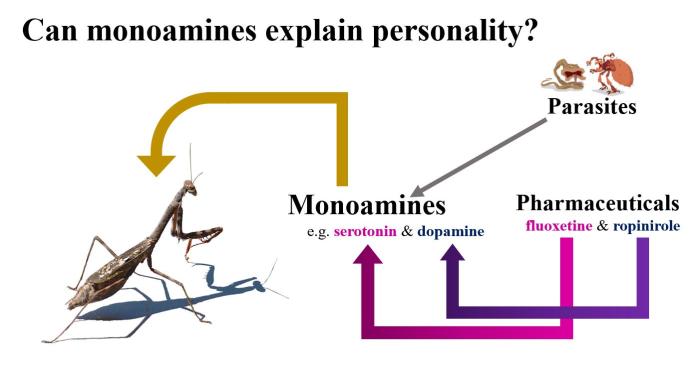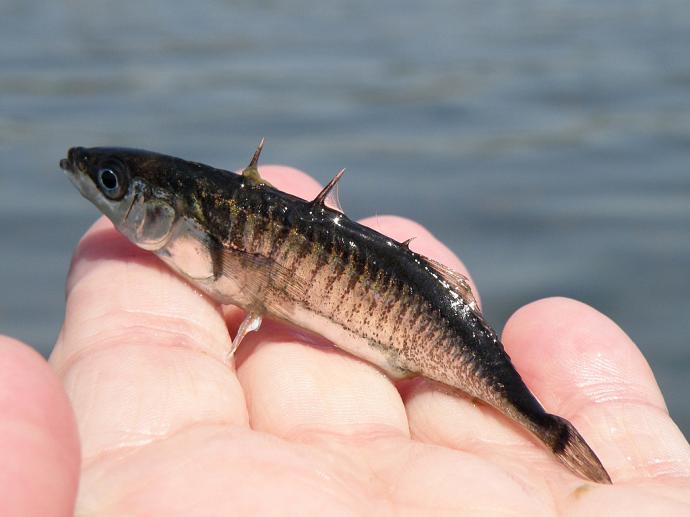Background and Aims
Animal personality is commonly shown among populations. Neurotransmitters, such as serotonin and dopamine, are modulators of behaviour, but little is known about their role in determining personality. A similar scenario appears when considering parasites. The fact that organisms with parasites usually suuffer from changes in their behaviour and/or personality suggests that parasites might have the ability to influence them. Again, little is known about it.
In this study I aimed to assess the effects of fluoxetine and ropinirole (two drugs that alter the levels of serotonin and dopamine in the brain, respectively) and the parasite Glugea anomala (a microsporidium commonly found in three-spined sticklebacks) on three ecologically-relevant behaviours. To perform the study we chose the cosmopolitan fish three-spined stickleback (Gasterosteus aculeatus), an emerging model to study animal personality.


Responsible for this page:
Director of undergraduate studies Biology
Last updated:
07/13/18
